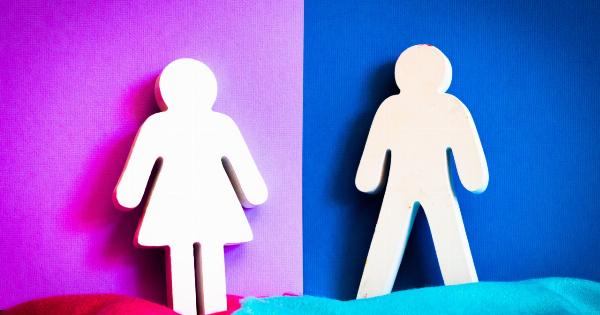Postpartum depression is commonly associated with mothers, but did you know that fathers can also experience similar feelings of sadness, anxiety, and distress after the birth of a child? It’s true – male postpartum depression is a real and often overlooked condition that can have a significant impact on both the father’s well-being and his ability to bond with his new baby.
What is Male Postpartum Depression?
Male postpartum depression, also known as paternal postnatal depression or paternal postpartum mood disorder, refers to the onset of depressive symptoms in fathers within the first year after the birth of a child.
While the exact cause of male postpartum depression is unclear, researchers believe that hormonal changes, sleep deprivation, stress, and the adjustment to fatherhood can all play a role in its development.
How Common is Male Postpartum Depression?
Although men have typically been excluded from discussions about postpartum depression, recent research suggests that it is more common than previously thought.
Studies have estimated that approximately 10% of fathers experience some form of postpartum depression, with rates being even higher (up to 25%) in fathers whose partners are also experiencing postpartum depression.
Signs and Symptoms of Male Postpartum Depression
The signs and symptoms of male postpartum depression may differ slightly from those experienced by women, but they can be just as severe and debilitating. Common symptoms of male postpartum depression include:.
- Feelings of sadness, hopelessness, or emptiness
- Irritability or anger
- Loss of interest or pleasure in activities
- Changes in appetite or weight
- Difficulty sleeping or sleeping too much
- Fatigue or loss of energy
- Feeling restless or agitated
- Difficulty concentrating or making decisions
- Physical symptoms such as headaches or stomachaches
- Withdrawal from family, friends, and activities
The Impact of Male Postpartum Depression
Male postpartum depression can have significant consequences for both the father and the family as a whole.
If left untreated, it can strain relationships, hinder the father’s ability to bond with his baby, and contribute to marital or relationship problems. It can also negatively affect the child’s emotional and cognitive development, as the father may struggle to provide the nurturing and support needed during the early years.
Seeking Help and Treatment Options
If you suspect that you or someone you know is experiencing male postpartum depression, it is crucial to seek help and support. Here are some treatment options that can be effective in managing and overcoming male postpartum depression:.
- Therapy: Individual or couples therapy can provide a safe space to explore and address the emotional challenges associated with fatherhood. Cognitive-behavioral therapy (CBT) and interpersonal therapy (IPT) are commonly used approaches.
- Medication: In some cases, antidepressant medication may be prescribed to help alleviate the symptoms of male postpartum depression. It’s essential to consult with a healthcare professional to determine the most suitable treatment plan.
- Support groups: Connecting with other fathers who have experienced or are currently experiencing postpartum depression can provide invaluable support and shared experiences.
- Self-care and lifestyle changes: Engaging in activities that promote self-care, such as exercise, getting enough sleep, and maintaining a healthy diet, can significantly improve symptoms of depression.
Breaking the Stigma and Raising Awareness
One of the barriers to recognizing and treating male postpartum depression is the societal stigma surrounding mental health in general.
By raising awareness about this condition and encouraging open conversations about fathers’ emotional well-being, we can help break down the barriers that prevent men from seeking the help they need.
The Importance of Supporting Fathers
Supporting fathers during the postpartum period is crucial for their well-being and the overall happiness and health of the family.
Partners, family members, and healthcare professionals all play a vital role in providing support, understanding, and validation for the emotional challenges faced by new fathers.
Conclusion
Male postpartum depression is a real and significant concern that deserves attention and understanding.
By recognizing the signs and symptoms, seeking help, and offering support, we can ensure that fathers navigate the transformative journey of fatherhood with care, compassion, and good mental health.































